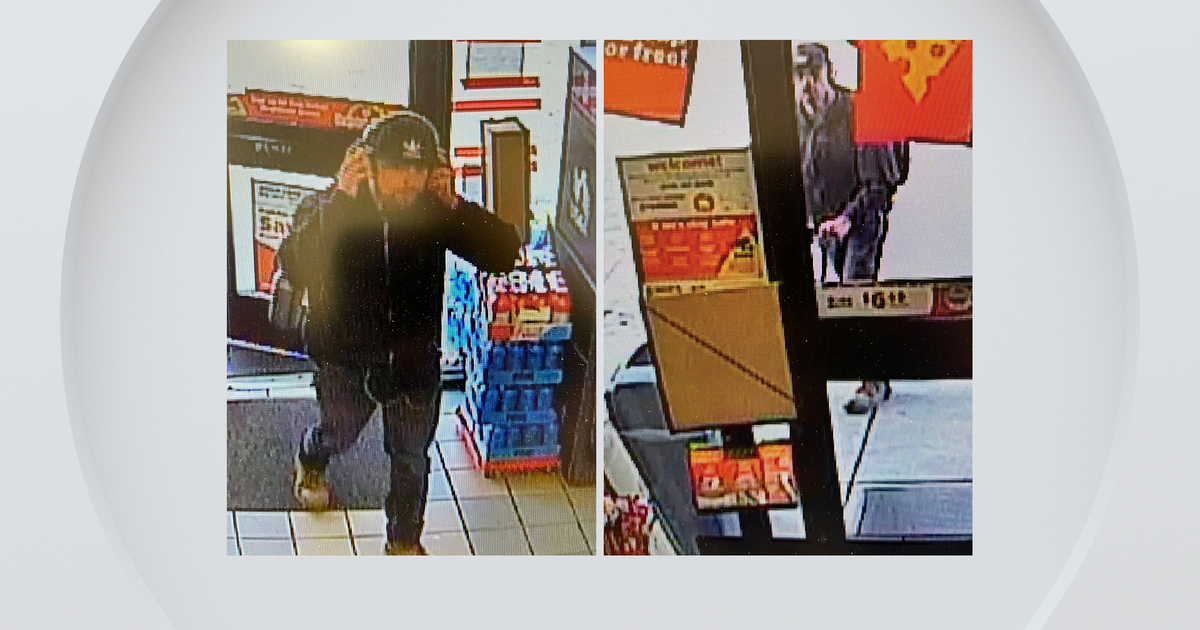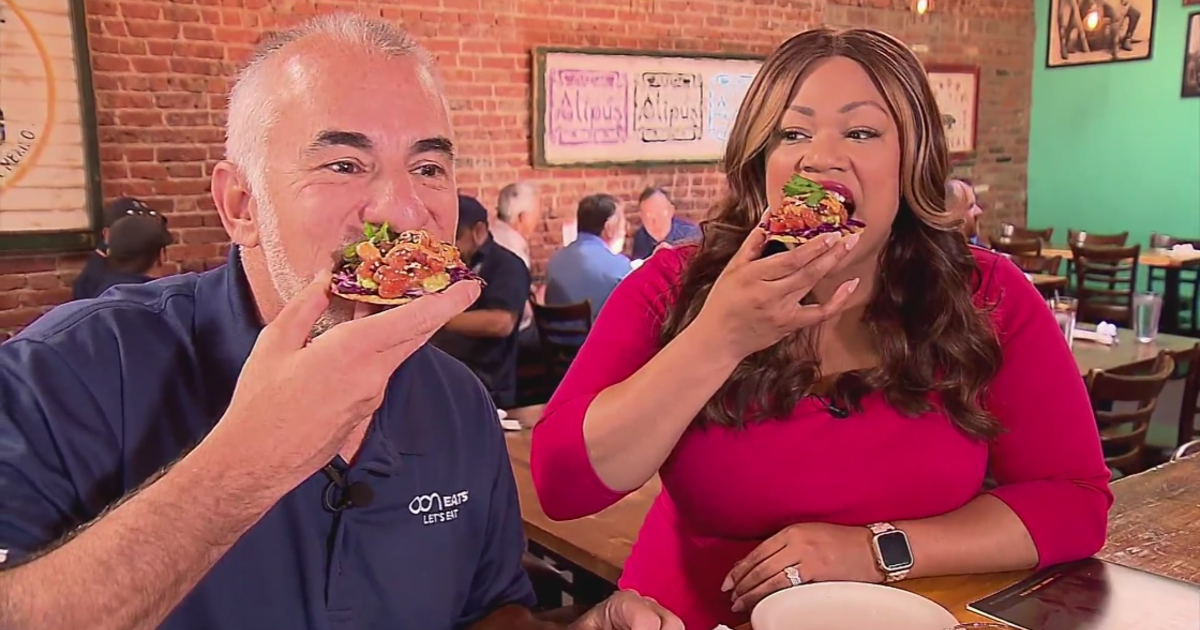With Few Other Options, Investors Bid Up Colorado's Chipotle
NEW YORK (AP) - For $320, you could buy 37 burritos at restaurant chain Chipotle Mexican Grill. Or a single share of its stock.
Since going public in January 2006, Chipotle has jumped from $44 a share to $320 on Friday-- a 630 percent return for investors who held on the whole time. The company, which sells upscale fast food tacos and burritos, is now one of the most expensive stocks in the Standard and Poor's 500 index based on its price compared with its earnings. That's the measure most investors use to evaluate the future growth prospects of a company and the demand for its stock.
Chipotle is a darling of the stock market because of its profitable business model, rapid growth, and a concept that resonates with customers. But its stock is also up for another reason, analysts say. It's one of the few rapidly-growing companies that allow investors to target U.S. consumers who can afford regular $8- to-$10 lunches.
"There just aren't a lot of growth names left," says Steve West, an analyst at Stifel Nicolaus who covers restaurants. "When you think about how many mutual funds and hedge funds out there need to invest in consumer growth names, it's becoming a supply and demand problem."
It seems harder than ever for these stock pickers to find a middle ground in the market. Since the recession ended in early 2009, luxury and low-end consumer companies have outperformed. Jeweler Tiffany & Co., for instance, has returned 350 percent since March 2009 because its affluent customers are spending money again. At the other end, discount consumer goods retailer Dollar Tree Inc., has returned 165 percent to investors over the same period by taking market share from companies like Wal-Mart and Target. During the same period, the benchmark Standard and Poor's 500 index has returned about 100 percent after dividends.
Chipotle and a handful of growing companies like Panera Bread and Green Mountain Coffee Roasters are among the few that reach middle income consumers. They sell affordable products with higher quality ingredients that appeal to consumers who don't worry about handing over $10 for lunch a few times a week. Hungry office workers might not be confident enough about the economy to treat a coworker to a sit-down lunch, but a freshly-made burrito or a chicken salad sandwich is another story.
As a result, these middle-market companies are outperforming the stock market. Chipotle has outshined the rest of the group. It jumped 13 percent over the last three months and has returned nearly 500 percent since March 2009. Analysts expect the company to report that earnings per share will be up 15 percent when its quarterly report is released Tuesday.
Investors like Chipotle in part because it is small but getting bigger. Chipotle has barely made a dent in the U.S. market. The company was founded in 1993 and operates about 1,000 stores across 35 states. Compared with a former hot growth stock like Starbucks Corp., which has 17,000 stores worldwide, analysts see a lot of room for growth -- both at home and overseas.
Twelve of Chipotle's 20 largest stakeholders are actively managed growth-oriented mutual funds that try to beat the overall market. Fidelity's $79.9 billion Contrafund owns nearly 10 percent of the company's 31.1 million outstanding shares, or 1.2 percent of its portfolio. The $5.4 billion Columbia Select Large Cap Growth Fund owns nearly 700,000 shares, enough to make up nearly 4 percent of its portfolio.
What's more, analysts say that Chipotle's simple menu and fast service have led to its sales to top $700 per square foot in the last quarter, the most of any restaurant in its category. Chipotle customers come back more frequently and spend more at every visit than customers of other fast food restaurants. That has helped sales at restaurants open at least a year to rise 12 percent over the last year. Chipotle made $46 million in profit from $509 million in revenue its first quarter. Sales have grown at an average of 24 percent a year over the last five years.
Chipotle trades at 54 times its earnings. The Standard and Poor's 500 index, on the other hand, costs 15 times its earnings per share. Even Apple Inc., one of the most-loved stocks in the market, costs just 17 times earnings.
Some of the most bullish analysts think that the stock will outperform the overall stock market for a long time.
"A decade from now we are still going to look at Chipotle as a high growth story," says Bart Glenn, an analyst who covers the company for DA Davidson & Co. "People are going to look back and wonder, `How did I miss this?"' me
Of course, that's exactly the sort of talk that has propelled other companies that developed cult-like followings on Wall Street -- only to later take a substantial fall when growth declines, price pressures or problems arise. Krispy Kreme Donuts Inc., Starbucks, and Research in Motion are among them.
Will the same thing happen to Chipotle? Any off notes when the company releases its quarterly results on July 19 could send the stock down quickly.
Rising food costs could also cut into Chipotle's bottom line. In the first quarter alone, its food costs rose 32 percent. In late June, the company announced it would raise prices on some items. And Chipotle warned investors that lower than expected avocado harvests from California are expected to cut into its margins for the rest of the summer. Another concern: an investigation currently under way by the Department of Justice into its hiring practices. The company would not comment on these concerns, citing its upcoming earnings release.
And 3 of the 25 analysts covering Chipotle advise their clients to sell, according to FactSet.
Brian Elliot, an analyst at Raymond James, is one of the few on Wall Street to rate Chipotle a sell. He downgraded the stock on January 26, when it was priced at $222, because he thought that expectations had gotten ahead of reality. Elliot thinks that Chipotle's stock price will fizzle as its growth rates slow, and that other companies will draw the attention of investors.
"It's simply the natural evolution of a chain," he says. "In consumer retail-restaurant land, that's a story that's played out many, many times."
(Copyright 2011 by The Associated Press. All Rights Reserved.)



